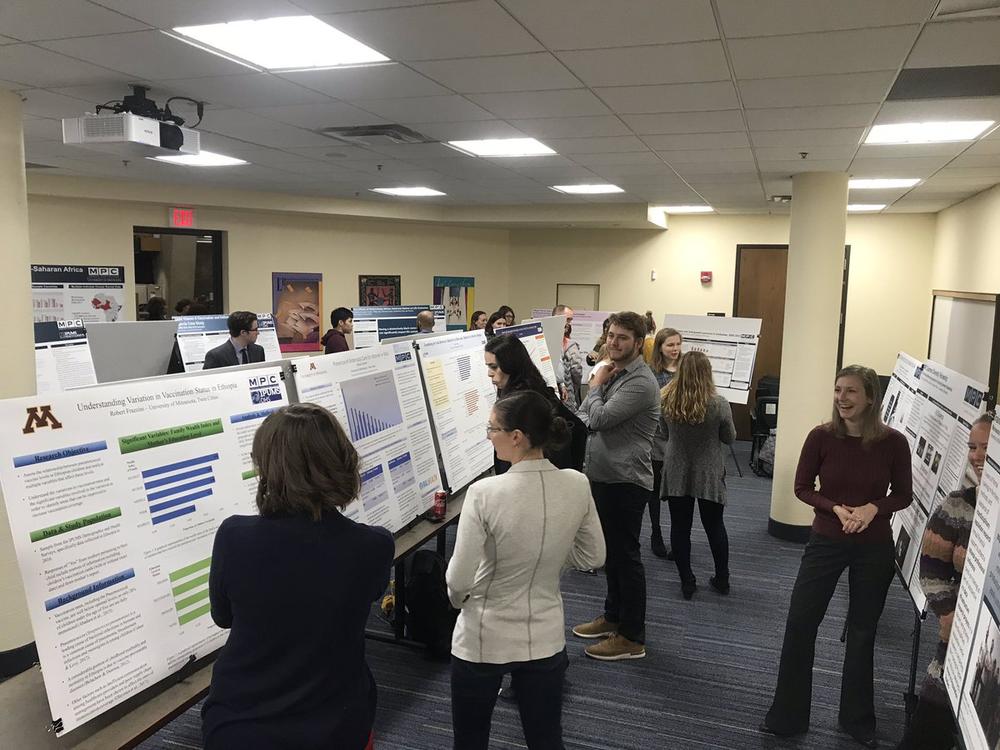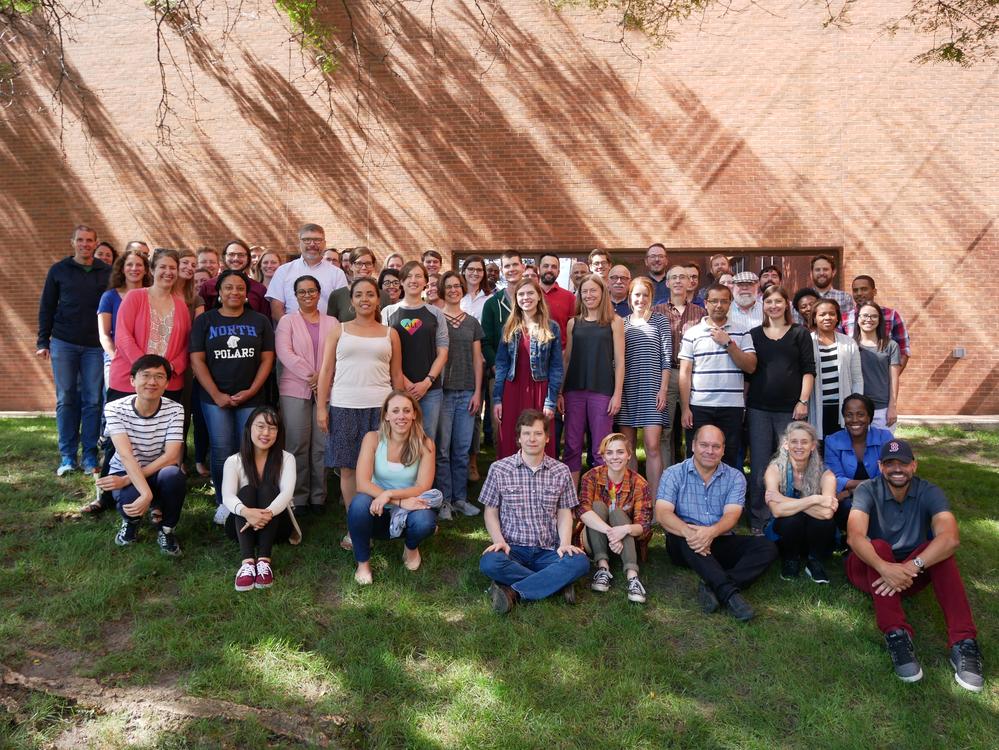“To advance knowledge of human populations and institutions across time and space with a focus on health, well-being, economic and demographic behavior, and human-environment interactions.”
This is the mission statement of the Minnesota Population Center (MPC), located on the West Bank of the University of Minnesota Campus and founded in July 2000. The MPC is an interdisciplinary collaboration with a focus on demographics and population studies; rather than being hosted by one department, the Center facilitates research and cooperation across twenty-six different departments across the University based on the involvement of over ninety different faculty and more than a dozen research scientists. In addition to academics and professors, the MPC is staffed by graduate students, undergraduate students, and full time research and administrative staff . The MPC is funded almost entirely through research grants; faculty, research scientists, and MPC staff collaborate to write and apply for such funding, a process that requires much labor, expertise, and care. In the last few years alone, the MPC has produced over 1,200 academic publications and research reports, many of which use population data to address problems that people face around the world.
The MPC focuses on five key topic areas:
→ Population data science
→ Population health and health systems
→ Mobility and spatial demography
→ Reproductive and sexual health
→ Work, family, and time
Within these topic areas, MPC members and staff work on hundreds of different research projects at the domestic and international level. Some of this research focuses on major public policies, such as the Affordable Healthcare Act and the Family Homelessness Study. The MPC collaborates with scientific organizations such as the National Science Foundation and NASA as well as public organizations such as the Federal Drug Administration. The MPC even has partnerships with companies who tell individuals about their family tree and background, including the popular Ancestry.com. Much of the MPC’s ongoing research involves cleaning, harmonizing, and distributing census and household survey data from around the world. These globally-renowned data projects are collectively known as IPUMS (Integrated Public Use Microdata Series). IPUMS, started by History professor Dr. Steve Ruggles, is the largest Census-based data repository in the world and enables many unique, innovative analyses that track population patterns and changes over time.
The MPC’s breadth and involvement with so much different research is facilitated by their emphasis on interdisciplinary cooperation and collaboration among its members. The current director of the MPC, UMN Sociology Professor Rob Warren, describes the many different skillsets, networks, and professional opportunities available for people involved with the MPC. As Dr. Warren states, “It’s really hard in academia to get out of your own silo, but our interdisciplinary model creates a very lively intellectual space.” Though there are many other population-focused research centers at colleges across the country, the MPC stands out for its emphasis on interdisciplinary and collaborative work.
This is particularly beneficial for undergraduate and graduate students who are involved with the MPC, as they get opportunities to do hands-on work with research data, develop professional networks, and present their research at a variety of workshops and conferences. These opportunities are facilitated by MPC’s population studies training program (for pre-doctoral students), its population health training program (for pre- and post-doctoral scholars), and its new population studies minor for undergraduate students. In fact, several full-time employees at the MPC today were once University students who worked with the Center in the past.

The MPC hosts many research workshops and presentations during the academic year; many are open to the public and even offer refreshments! During this upcoming summer, there will be several development and research workshops, and members of the MPC’s 2019 Summer Diversity Fellowship will present their ongoing projects. To learn more about upcoming events and the Minnesota Population Center, visit their website!
Photos courtesy of the Minnesota Population Center


